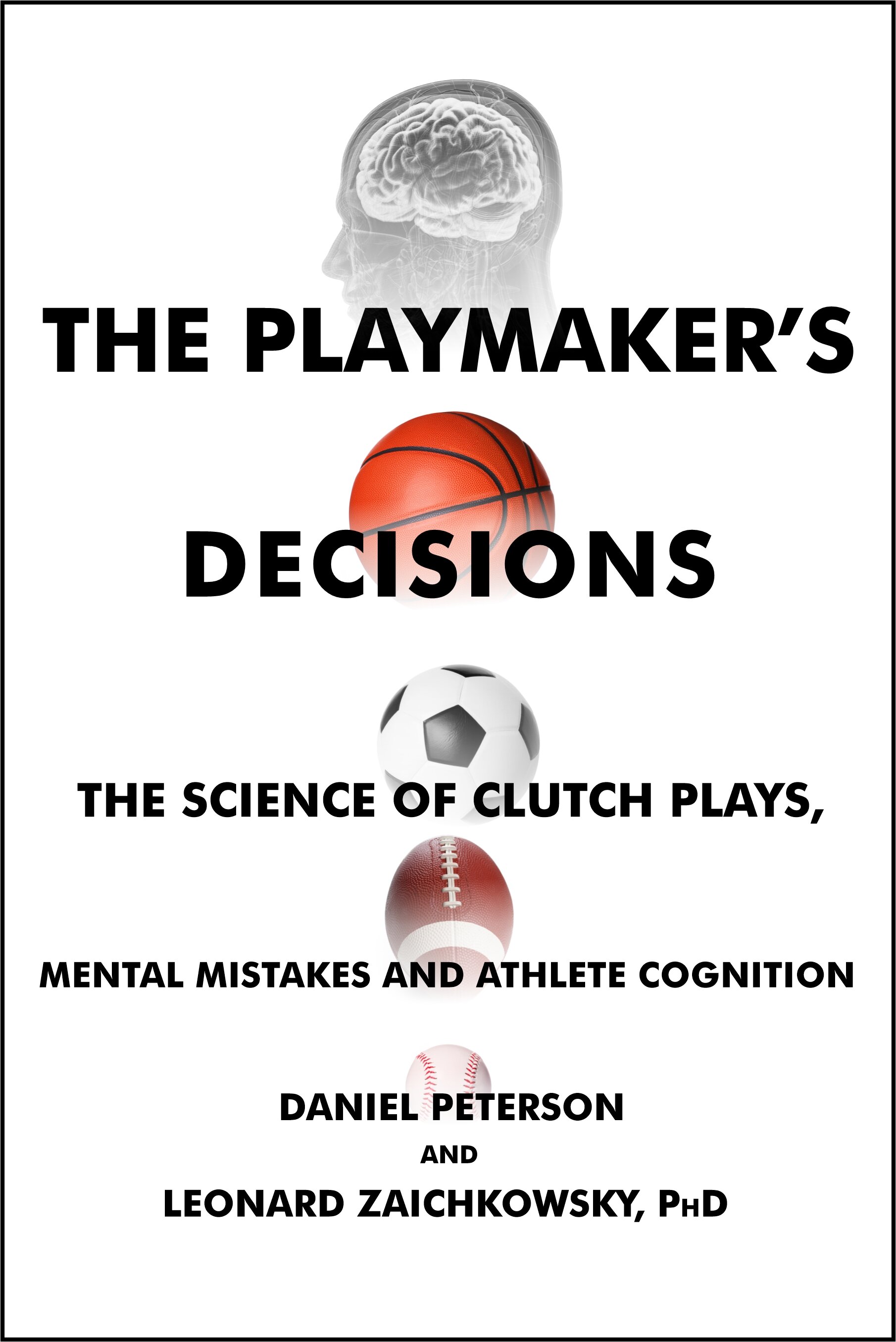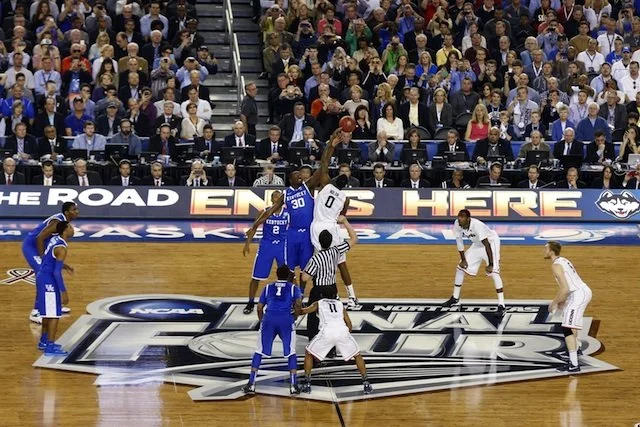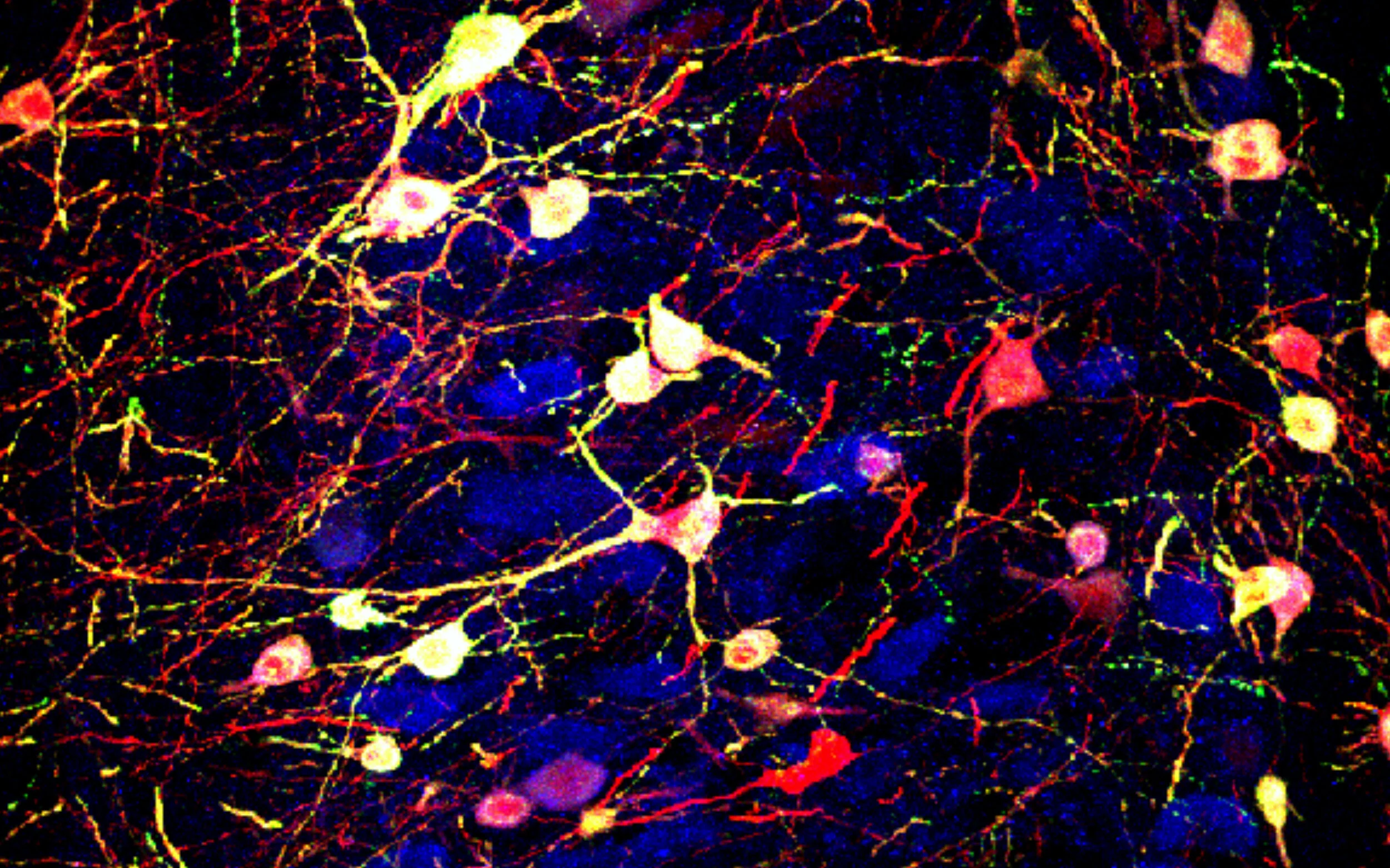From The Talent Code To The Secret Race - A Conversation With Daniel Coyle
/
It has been a busy month for Daniel Coyle. When you co-write the definitive book that tells the inside story of how a 7-time Tour de France champion cheated his way to the top step of the Champs-Élysées podium, your life becomes a little hectic.
Coyle helped Tyler Hamilton, long-time teammate of Lance Armstrong, document the incredible details of the United States Postal Service racing team during Armstrong’s seemingly invincible years in their book, "The Secret Race".
From CNN to Charlie Rose to the Today show, Hamilton and Coyle have helped audiences understand the background and motivation that led to the ultimate confessional last week; Lance the Sinner telling all to Mother Oprah.
The side benefit for Coyle to all of this media exposure is the realization of viewers that he writes about topics other than cycling and doping. Well known in the coaching and education communities for his New York Times bestseller, "The Talent Code", and its follow-up "The Little Book of Talent", he is the voice of the growing belief that you are not necessarily just the genetic product of your parents' athletic or artistic skills. Practice does matter and practice can provide a path to improvement, if not complete mastery.
Despite his whirlwind month, Dan was kind enough to discuss this new paradigm in sports training and the process of becoming great. I hope you enjoy the highlights of our conversation.
First, what was your biggest takeaway from the sad but intriguing story of Lance Armstrong’s journey?
Daniel Coyle: “For one of my previous books, I spent two years in Girona, Spain, the home of the USPS team, during a Tour de France season. While you knew when Armstrong was in town, there was always this secretiveness to his existence. He was known as Batman for the way people would catch occasional glimpses of him in public.”
“Cycling is a demanding sport, but its less about motor skills and deals more with creating a rider’s engine or his power production plant. The rider with the most energy and power would most often win the race. Doping and other performance enhancing drugs were the next step towards producing more power. For me and many others, doping took the pure joy out of the sport and reduced it to a lab of biochemistry experiments.”
Tell us a little about your writing career to date and your dual-topics of talent development and the cycling life?
DC: “When I was young, I wanted to be a doctor and was on the path to medical school. However, my favorite day of the week was when Sports Illustrated would show up in my parents’ mailbox. I became lost in the stories of sports achievement and wanted to be able to write those stories someday.”
“Later, I found out I didn’t really have the fire in the belly for medicine and was able to land a job as an intern at Outside magazine. Back in those pre-Internet days, the writers would fax their stories in and I would type them, word for word, into the publishing system. It gave me a chance to read a lot of great writing and taught me about story telling.”
“I was attracted to writing about great performers, whether it be athletes, business leaders or entertainers to find out how they got better at their craft.”
From your first book in 1995 about coaching baseball in the Chicago projects to your latest book, have you learned first-hand how performers and artists improve their craft?
DC: “That’s the really interesting part. There is this great illusion of looking at performance from the outside as being easy and just a one-time journey with an end. There is no mountaintop of performance. The physics of skill do not permit coasting on a plateau.”
“I recently read a great New York Times piece about Jerry Seinfeld and his endless quest to get better as a comedian. Whether it be Seinfeld or Albert Pujols or the great writer Philip Roth, they are all doing the same daily, humble, effortful steps to improve their craft.”
“For me, I am always trying to improve. I have a collection of 3x5 index cards where I’ve written down great sentences from other writers as examples to learn from.”
The sub-title of of your 2009 book, The Talent Code, is “Greatness isn’t born, it's grown. Here’s how.” With that simple assertion, you threw yourself right in the middle of the genetics vs. practice debate of how expertise is achieved. In the last three years, have you seen any new research or evidence that changes your opinion that training can trump innate skills?
DC: “No, if anything we’ve seen more research and support for this concept of structured, deliberate practice being able to improve performance. There is also a new language and vocabulary for talking about training that is beginning to understand the important role of the brain in learning. The talent hotbeds that I describe in the book have already learned this concept.”
“There is a great new book, How Children Succeed, that emphasizes the role of emotional fortitude in great learners. Character, grit, perseverance and self-control are critical to the learning curve.”
What is the role of brain research and technology in this world of performance training?
DC: “We’ve learned that brains are not static, they are in a constant process of change throughout our lives. I like to use the analogy of re-shingling a roof. Performers need to be always updating and reinforcing their core foundation and adding new layers of knowledge.”
“Technology tools can help to a point but we need to ask to what extent can they accurately represent the real world of sports. Can a 2D or even 3D virtual world teach pattern recognition and spatial awareness as well as the real thing? If we can validate the results of these new tools, it will offer a brave new world that will make training more efficient.”
“The key to all of the new cognitive research coming out will be to help coaches translate it and accept it. The coaching culture is resistant to change and is often a one-way conversation with the athlete. The high-performance training centers have learned this hard lesson and have adapted to this reality.”
Thanks, Dan, we're looking forward to the next step on your writing journey.
Here is a terrific little video of what you will learn in Coyle's "Little Book of Talent".
From CNN to Charlie Rose to the Today show, Hamilton and Coyle have helped audiences understand the background and motivation that led to the ultimate confessional last week; Lance the Sinner telling all to Mother Oprah.
The side benefit for Coyle to all of this media exposure is the realization of viewers that he writes about topics other than cycling and doping. Well known in the coaching and education communities for his New York Times bestseller, "The Talent Code", and its follow-up "The Little Book of Talent", he is the voice of the growing belief that you are not necessarily just the genetic product of your parents' athletic or artistic skills. Practice does matter and practice can provide a path to improvement, if not complete mastery.
Despite his whirlwind month, Dan was kind enough to discuss this new paradigm in sports training and the process of becoming great. I hope you enjoy the highlights of our conversation.
First, what was your biggest takeaway from the sad but intriguing story of Lance Armstrong’s journey?
Daniel Coyle: “For one of my previous books, I spent two years in Girona, Spain, the home of the USPS team, during a Tour de France season. While you knew when Armstrong was in town, there was always this secretiveness to his existence. He was known as Batman for the way people would catch occasional glimpses of him in public.”
“Cycling is a demanding sport, but its less about motor skills and deals more with creating a rider’s engine or his power production plant. The rider with the most energy and power would most often win the race. Doping and other performance enhancing drugs were the next step towards producing more power. For me and many others, doping took the pure joy out of the sport and reduced it to a lab of biochemistry experiments.”
Tell us a little about your writing career to date and your dual-topics of talent development and the cycling life?
DC: “When I was young, I wanted to be a doctor and was on the path to medical school. However, my favorite day of the week was when Sports Illustrated would show up in my parents’ mailbox. I became lost in the stories of sports achievement and wanted to be able to write those stories someday.”
“Later, I found out I didn’t really have the fire in the belly for medicine and was able to land a job as an intern at Outside magazine. Back in those pre-Internet days, the writers would fax their stories in and I would type them, word for word, into the publishing system. It gave me a chance to read a lot of great writing and taught me about story telling.”
“I was attracted to writing about great performers, whether it be athletes, business leaders or entertainers to find out how they got better at their craft.”
From your first book in 1995 about coaching baseball in the Chicago projects to your latest book, have you learned first-hand how performers and artists improve their craft?
DC: “That’s the really interesting part. There is this great illusion of looking at performance from the outside as being easy and just a one-time journey with an end. There is no mountaintop of performance. The physics of skill do not permit coasting on a plateau.”
“I recently read a great New York Times piece about Jerry Seinfeld and his endless quest to get better as a comedian. Whether it be Seinfeld or Albert Pujols or the great writer Philip Roth, they are all doing the same daily, humble, effortful steps to improve their craft.”
“For me, I am always trying to improve. I have a collection of 3x5 index cards where I’ve written down great sentences from other writers as examples to learn from.”
The sub-title of of your 2009 book, The Talent Code, is “Greatness isn’t born, it's grown. Here’s how.” With that simple assertion, you threw yourself right in the middle of the genetics vs. practice debate of how expertise is achieved. In the last three years, have you seen any new research or evidence that changes your opinion that training can trump innate skills?
DC: “No, if anything we’ve seen more research and support for this concept of structured, deliberate practice being able to improve performance. There is also a new language and vocabulary for talking about training that is beginning to understand the important role of the brain in learning. The talent hotbeds that I describe in the book have already learned this concept.”
“There is a great new book, How Children Succeed, that emphasizes the role of emotional fortitude in great learners. Character, grit, perseverance and self-control are critical to the learning curve.”
What is the role of brain research and technology in this world of performance training?
DC: “We’ve learned that brains are not static, they are in a constant process of change throughout our lives. I like to use the analogy of re-shingling a roof. Performers need to be always updating and reinforcing their core foundation and adding new layers of knowledge.”
“Technology tools can help to a point but we need to ask to what extent can they accurately represent the real world of sports. Can a 2D or even 3D virtual world teach pattern recognition and spatial awareness as well as the real thing? If we can validate the results of these new tools, it will offer a brave new world that will make training more efficient.”
“The key to all of the new cognitive research coming out will be to help coaches translate it and accept it. The coaching culture is resistant to change and is often a one-way conversation with the athlete. The high-performance training centers have learned this hard lesson and have adapted to this reality.”
Thanks, Dan, we're looking forward to the next step on your writing journey.
Here is a terrific little video of what you will learn in Coyle's "Little Book of Talent".












